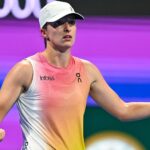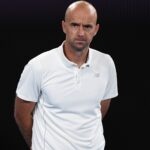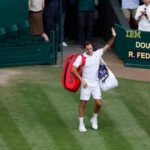Roger Federer says he is unlikely to play Wimbledon in 2022 but wants to return to the top level
The 20-times Grand Slam champion has yet to start playing tennis again after a third operation on his right knee but is optimistic that he will return and has big dreams of one last hurrah before he retires.
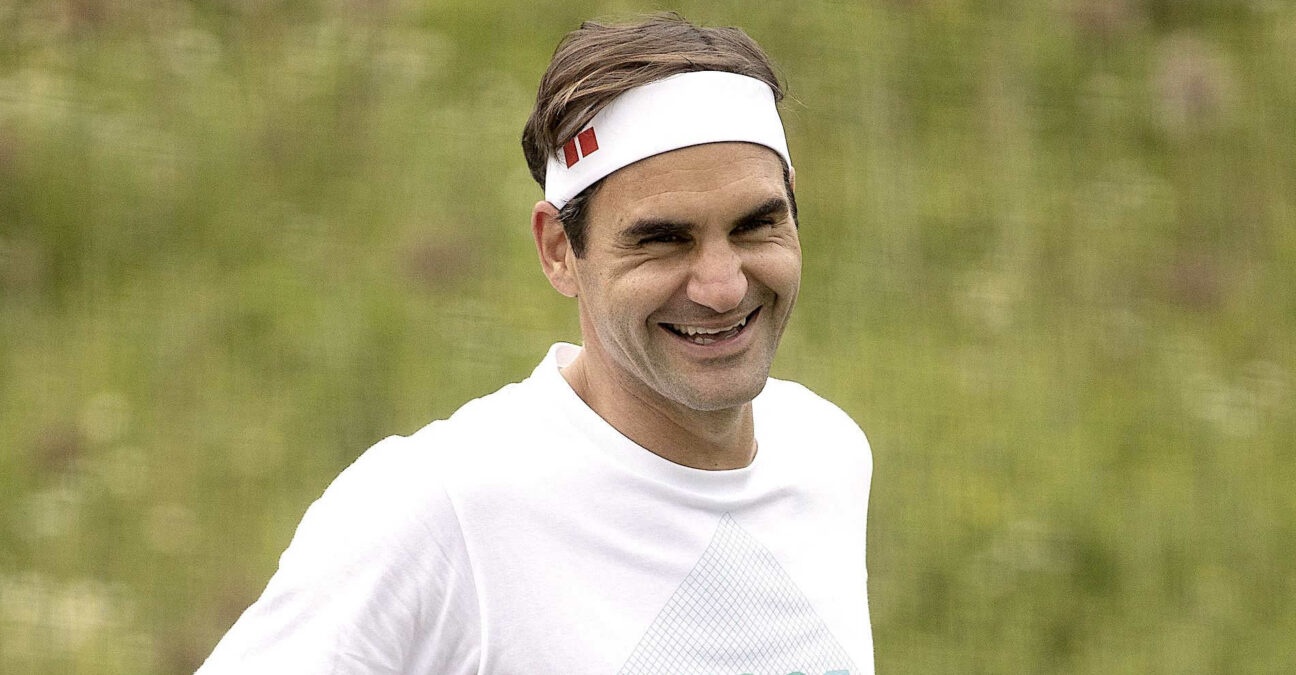 Tennis – Wimbledon – All England Lawn Tennis and Croquet Club, London, Britain – June 30, 2021 Switzerland’s Roger Federer during a training session || 204065_0129 2021 All England Lawn Tennis and Croquet Club gazon grands chelems open sport tennis The Championships Tournament tournoi
Tennis – Wimbledon – All England Lawn Tennis and Croquet Club, London, Britain – June 30, 2021 Switzerland’s Roger Federer during a training session || 204065_0129 2021 All England Lawn Tennis and Croquet Club gazon grands chelems open sport tennis The Championships Tournament tournoi
After a couple of months of relative silence, some good news and some not so good news for Roger Federer – and his fans. The good news; the 20-times Grand Slam winner wants to come back to the Tour and hopes to be competing at the business end of the biggest events once again. The bad news; he is unlikely to be ready in time to play at Wimbledon in 2022.
“The truth is that I would be incredibly surprised if I were to play again at Wimbledon (in 2022),” he told Mathieu Aeschmann in an interview for “Tribune de Genève” and “24 heures” in Switzerland on Wednesday.
“Australia is not an option at all. But that’s no surprise for me either. Even before the operation, we knew that a break of many months would be necessary afterwards. I wanted to wait for the first major check-up by the doctors before making a public statement, and the check-up was very encouraging. I have started a long rehabilitation process in which I put all my heart and soul. The fact is that the situation is not the same as in 2016. I have to be patient, give my knee time to recover 100 percent.”
Federer called Aeschmann – a top junior player in Switzerland and an old friend – after realising he needed to give an update about how he is, how he feels and what his plans are. In a 40-minute interview, Federer was honest about the difficulty of his recovery, but also optimistic that he could yet have some great days ahead.
“The examinations after the grass season revealed that my right inner meniscus was injured again,” Federer explained. “It had to be stitched, which required a certain period of immobilisation. And the doctors took the opportunity to treat my cartilage as well.”
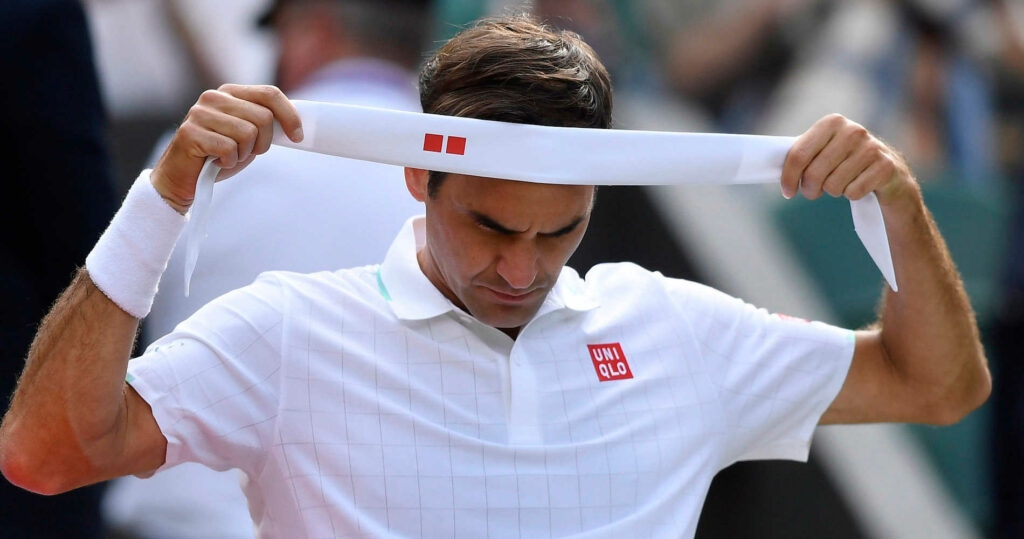
Federer: “It is more important than the operations in 2020”
Like Andy Murray, who underwent hip surgery in early 2019 in large part to improve his quality of life and ease his pain, Federer, too, wanted to have the operation so he could run around with his four children, have an athletic future.
“The combination of these two procedures requires patience and caution. That’s why I couldn’t put any weight on my leg when I was on crutches. I have had this surgery to ensure my long-term well-being. It is a restorative surgery. In that sense, it is more important than the operations in 2020, which were primarily aimed at alleviating the discomfort I had been carrying around for several years.”
As far as my sporting ambitions are concerned, you could sum them up like this: I want to see once again what I can achieve as a professional tennis player.
Roger Federer
But also like Murray, Federer had his eye on his own tennis future and believes that he can get back on the court and be competitive again.
“I had this operation done so that I could ski with my children or play football or tennis with my friends in the years and decades to come,” he said. “My primary motivation was to get back in shape for my normal life.
“But I wanted to approach this demanding rehabilitation with the mentality and body of a top athlete. Would that still be possible two or three years after my retirement? I don’t know. As far as my sporting ambitions are concerned, you could sum them up like this: I want to see once again what I can achieve as a professional tennis player. I’m fighting for it and I’m very motivated. I feel the support of my team and my family. We all wish that I can say goodbye on my own terms and on a tennis court.”
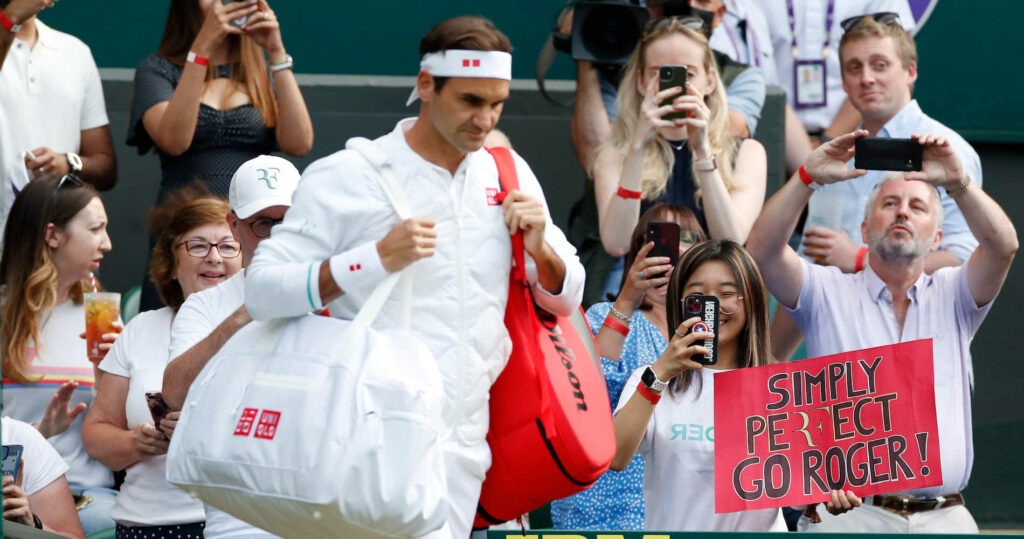
I want to see once again what I can achieve as a professional tennis player
Roger Federer
It is four months since Federer’s last appearance, a straight-sets loss in the quarter-finals to Poland’s Hubert Hurkacz, losing the third set 6-0. At the time, few people knew how much discomfort Federer was in. He had returned to the Tour in March 2021, but played just four events, including the French Open, before Wimbledon.
“I already felt in Halle against Felix Auger-Aliassime (when he lost in round one) that my Wimbledon would not be what I had hoped for. Even though I didn’t know the nature of my injury yet, I knew I would be limited. In retrospect, I realised that I almost didn’t win a point at Wimbledon when I had to defend myself. But yes, that Wimbledon confirmed to me that despite my limitation, I could still play at a high level. And considering how far I got, I just have to try again.”
All great sportsmen and women want to go out on their own terms, not to have their retirement made for them by an injury. World No 1 Novak Djokovic said the same thing this past week in Turin and Federer clearly agrees.
It would be easy for me to say, ‘It’s OK, I’ve given a lot and received a lot. Let’s stop here.’
Roger Federer
“I think that every athlete should decide for himself,” he said. “There is no right time to retire. There is only the time that suits each individual athlete. It is a very personal decision. What kind of image will people remember of me? My last set at Wimbledon last July? Or my Grand Slam titles and what it triggered in them when they watched me play? My money is on the latter.
“For a few years now, I’ve been pretty relaxed about that. But I understand the fans’ feelings. And it was because of them that I called you to talk frankly. My fans deserve to understand my feelings and hopes. It would be easy for me to say, ‘It’s OK, I’ve given a lot and received a lot. Let’s stop here.’ But me investing everything to come back again is also my way of saying thank you to my fans. They deserve better than the image of my last grass season.”
Federer will not return before the summer of 2022
Federer says doctors have told him that he should be able to jog lightly in January and “make a gradual return to the court”. If all goes well, he should start training more on the court with more complex movements in March or April.
“At the moment, I expect to be able to return in the summer of 2022. The next four or five months are crucial. In the spring, I will already see things much more clearly,” he said.
At the age of 40 – and perhaps 41 when he gets back on the court, it’s asking a lot for Federer, even with what he has achieved in the sport, to be back pushing for the sport’s biggest titles again.
But crucially, he has hope. And he’s not going to rush it.
To be clear, my world will not collapse if I never play another Grand Slam final. (…) But there are miracles in sports.
Roger Federer
“When you get right down to it, it doesn’t make much difference whether I return in 2022 or not until 2023, at 40 or 41,” he said. “It doesn’t matter. The question is rather: Will I manage to torture myself again day after day for my comeback? My heart says yes today. So I’m taking things step by step. I have experienced similar challenges many times in my career. Sometimes without the public being aware of it. And even though I know that the end is near, I want to try to play some big matches again. It won’t be easy, but I will try.”
After 20 Grand Slam titles, 103 tournament victories worldwide and an indelible imprint left on tennis, this is surely Federer’s last chance. Another injury, or significant set-back, could be the end. But his mind is clear. He wants one last hurrah.
“If I do my rehabilitation intensively, there is a chance that I will get back to a high level,” he said. “If I do strength training, go on the bike, swim, do balance exercises, work on my upper body, then I believe in it.
“Will I return to the Tour for a smaller round or for something bigger? Nobody knows, neither the doctors nor me. But I’m fighting for it. To be clear, my world will not collapse if I never play another Grand Slam final.
“But it is my ultimate dream to return once again. And in fact, I still believe in it. I believe in these kinds of miracles. I have already experienced them. Sports history sometimes writes such miracles. I am realistic: it would be a great miracle. But there are miracles in sport.”
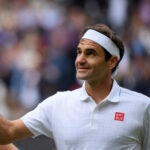

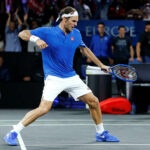

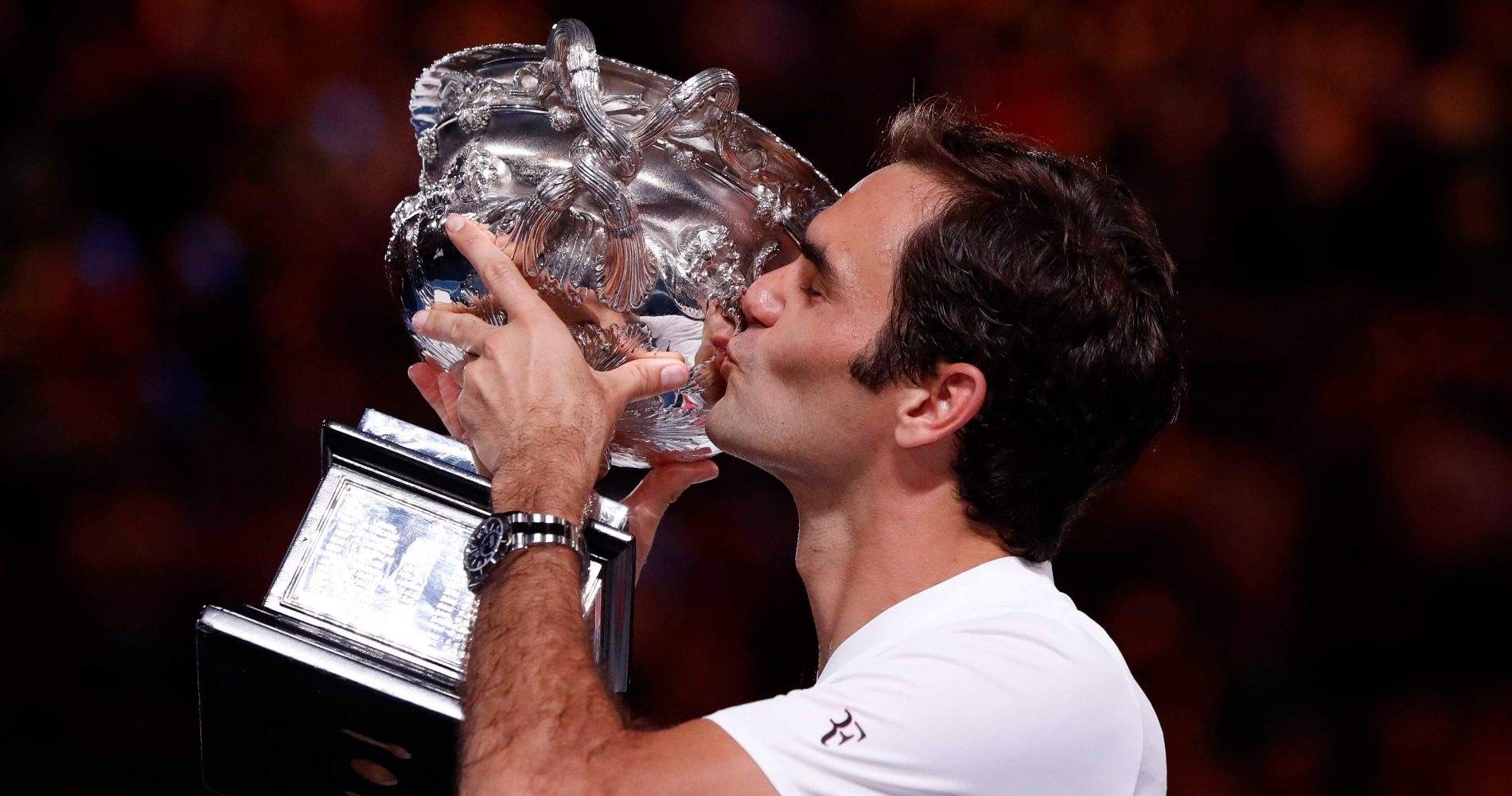
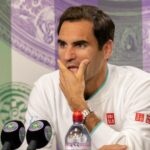
People in this post
More tennis news
Dubai Open: Rybakina books spot in last four

Agassi, Alcaraz, Federer: Everything you always wanted to know about the 2025 Laver Cup (but never had time to find out)

Zverev and Shelton to play at 2025 Laver Cup

Dubai Open: Tauson books spot in semi-finals

Dubai Open: Swiatek knocked out by Andreeva
